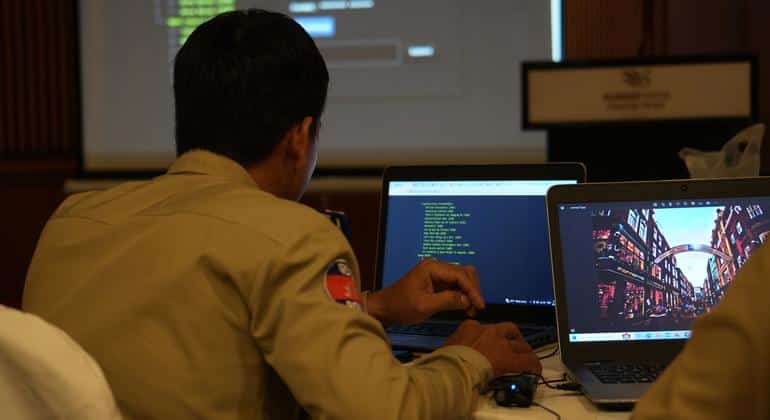Certainly! Here’s the translation to American English:
—
Visiting the website of a local hardware store may seem like an everyday, almost routine activity. However, a simple slip in the website address can lead to a costly surprise. Cybercriminals have refined their methods, using tactics that allow even the most cautious users to fall into their traps. When a customer places an order and makes a payment on a site that appears legitimate, they may overlook the fact that only one letter in the web address was incorrect. While some may recover their money quickly, others face the harsh reality that in many countries, recovering lost funds is nearly impossible.
More and more people are being forced to declare bankruptcy due to financial losses caused by cybercrime. A bankruptcy attorney has noted that this phenomenon affects a wide range of citizens, highlighting the importance of having adequate protection and support systems in place.
The landscape of cybercrime has drastically changed in recent years. It is no longer a matter of lone hackers, but rather an operation carried out by organized crime networks that operate on a large scale. New technologies, such as artificial intelligence, have facilitated the actions of these criminals, enabling them to conduct attacks with minimal effort. From phishing campaigns to credential stuffing attacks, the use of these tools creates a challenge for traditional crime investigation and prevention practices.
Phishing, which deceives individuals into providing sensitive information through fake sites or emails, is one of the most common methods. Even inexperienced criminals can access “phishing kits” that allow them to clone websites quickly and efficiently. As a result, many stolen passwords and personal data end up circulating on the dark web, where they are used for automated attacks across multiple platforms.
To combat this growing threat, the United Nations General Assembly adopted the United Nations Convention Against Cybercrime in December 2024, regarded as the first international treaty on criminal justice in over two decades. This new framework aims to establish unified definitions and investigative procedures, as well as mechanisms for victim assistance.
The Convention, which will be opened for signature on October 25 in Hanoi, Vietnam, promises to be a turning point in the fight against cybercrime. By unifying efforts and enabling international cooperation, this initiative could mark the beginning of a new era where a simple typographical error in a web address does not lead to devastating financial consequences.
The United Nations Office on Drugs and Crime (UNODC) is leading international efforts in this area, providing training and technical support to states to effectively combat cybercrime. With the backing of this treaty, nations are expected to be better equipped to protect their citizens in an increasingly complex and threatening digital environment.
—
Let me know if you need any more help!
Referrer: MiMub in Spanish










